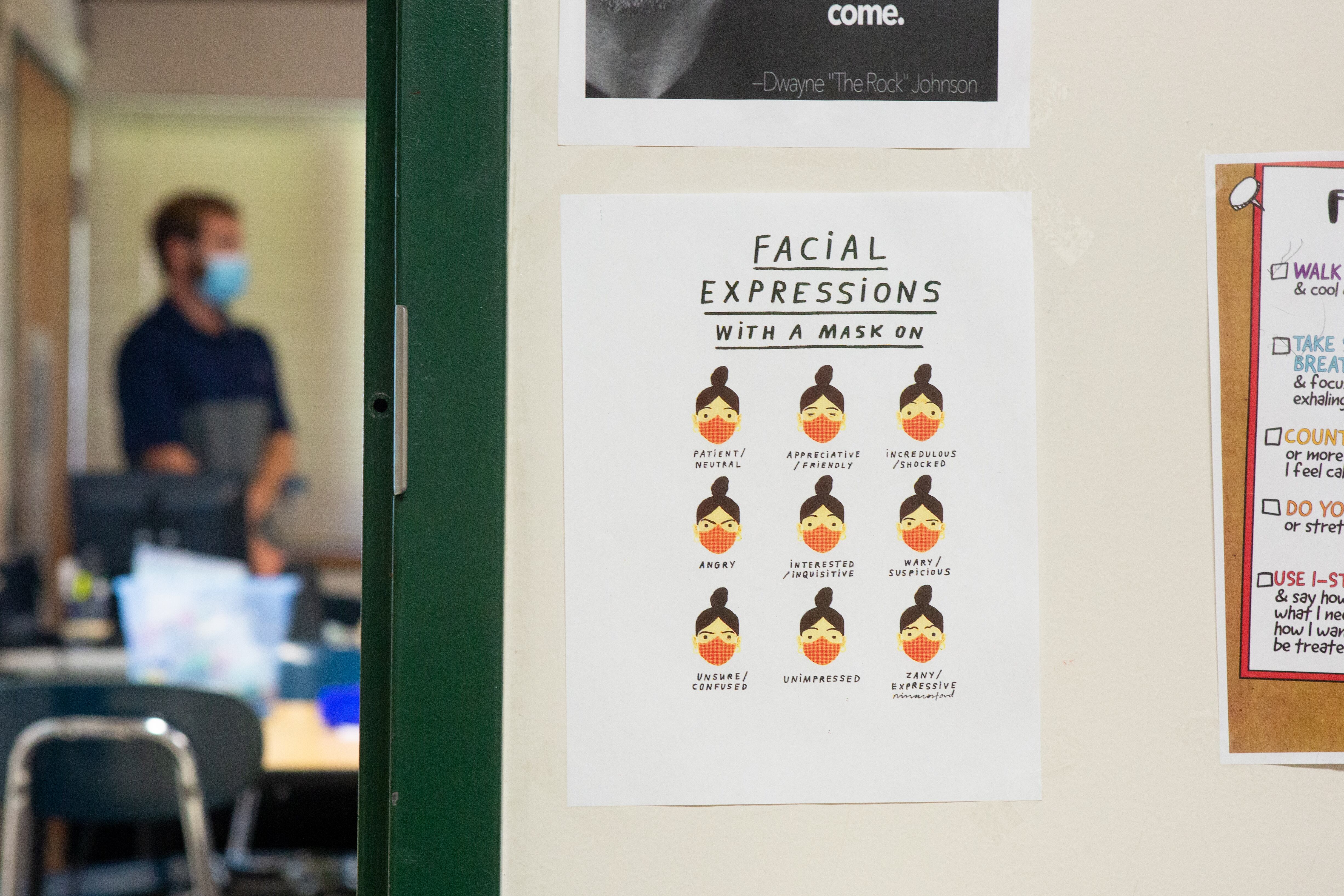The Indiana Department of Health released significantly revamped COVID-19 guidance for schools on Thursday that includes an end to contact tracing and quarantines for students exposed to COVID-19.
Beginning Feb. 23, schools will no longer be required to quarantine students who have been exposed to a positive COVID-19 case, regardless of vaccination status or whether the school requires masks, according to the department.
Schools will also no longer need to contact trace or report cases to the department.
Those who test positive for COVID should isolate for five days and may return on Day 6 if their symptoms are improving and they’ve been fever-free for 24 hours without the use of medication.
The department’s guidance for quarantine had previously depended on a student’s vaccination status as well as the school’s masking policy.
The state issued similar guidance for child care programs: Children who test positive for COVID-19 should isolate at home for five days regardless of symptoms. Children who can wear a mask correctly may return on Day 6, and those who can’t may return on Day 8.
In making the changes, the department cited Indiana’s falling COVID-19 positivity rate — from 33.6% on Jan. 19 to 13.1% on Wednesday.
Over 4,800 COVID cases were reported in schools last week according to the state dashboard, 4,220 of which were among students.
The department will begin to reduce its COVID-19 response operations, citing a drop in demand for testing.
The federal Centers for Disease Control and Prevention hasn’t issued updated guidance for schools since Jan. 13, and still recommends universal indoor masking for everyone over age 2, contact tracing, and quarantines for close contacts.
In Indiana, “These changes reflect the rapid decline in COVID-19 cases as we emerge from the omicron surge and the fact that all school-age children have been eligible to be vaccinated since November,” said State Health Commissioner Kris Box. “While they do not remove the need for continued vigilance, they will ease the reporting burden on schools and help ensure that children can stay in school.”
Aleksandra Appleton covers Indiana education policy and writes about K-12 schools across the state. Contact her at aappleton@chalkbeat.org.







